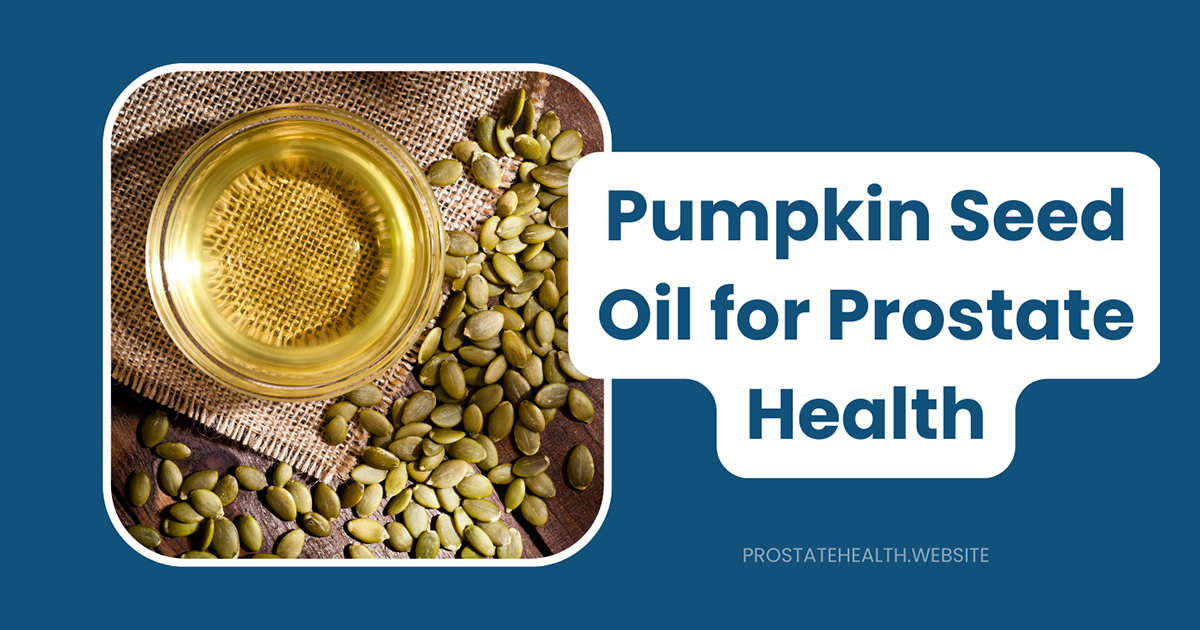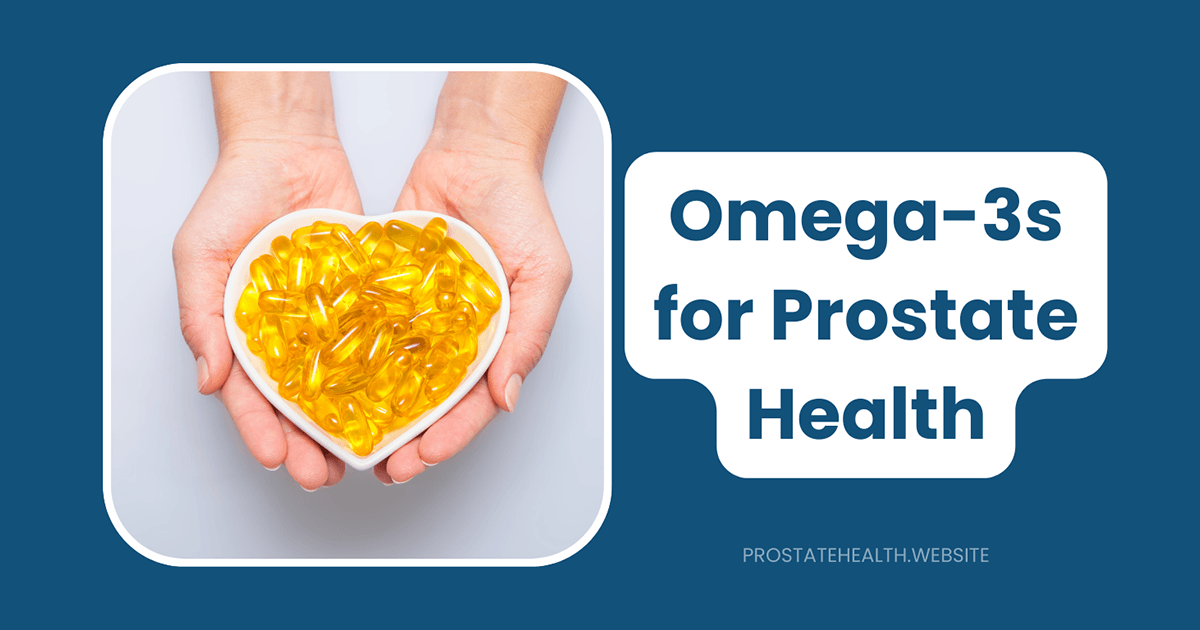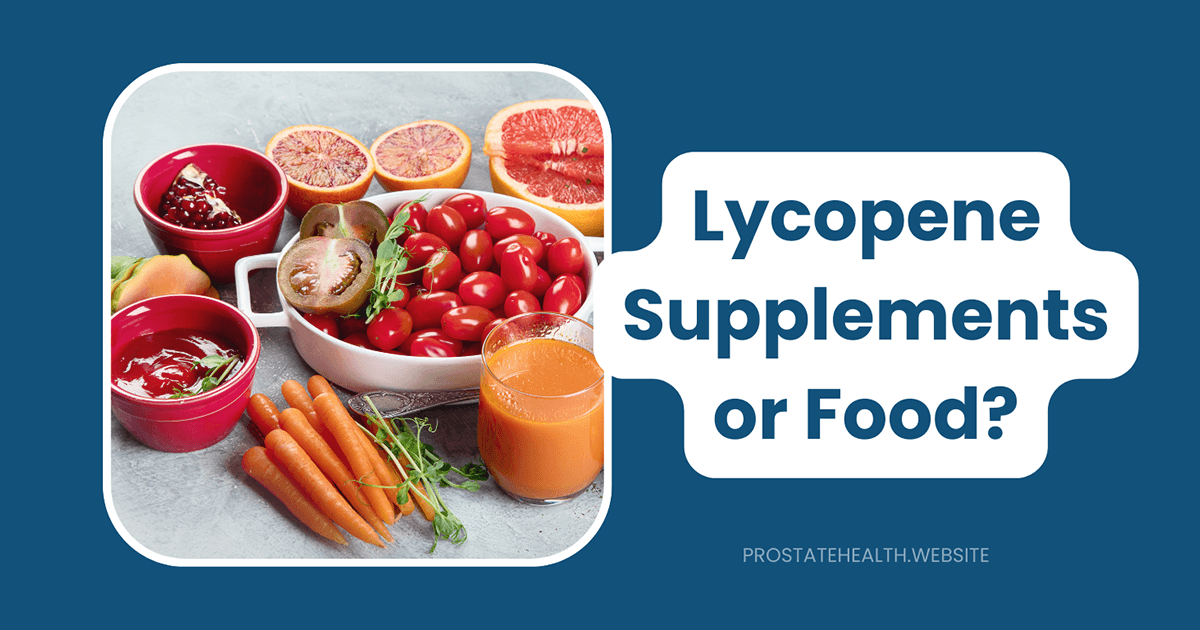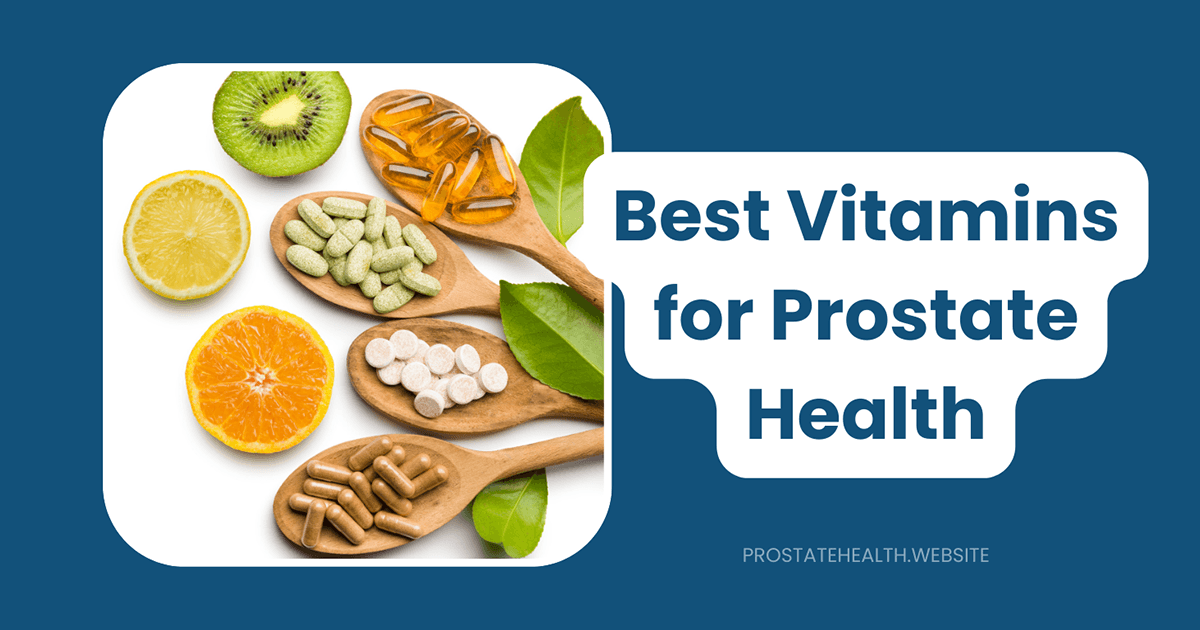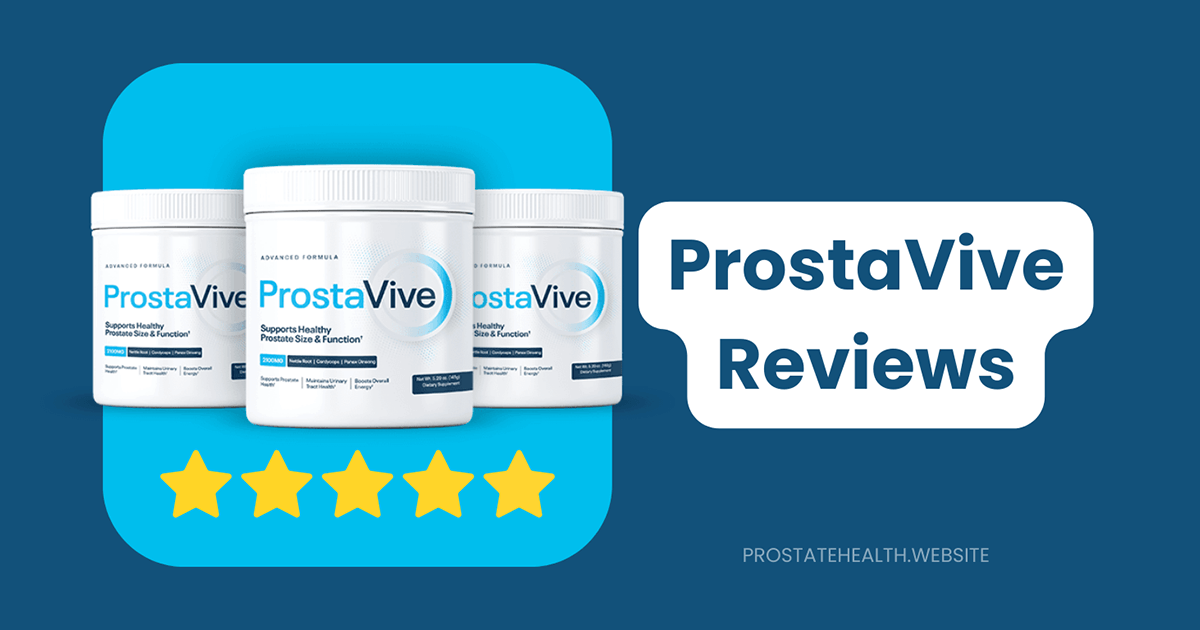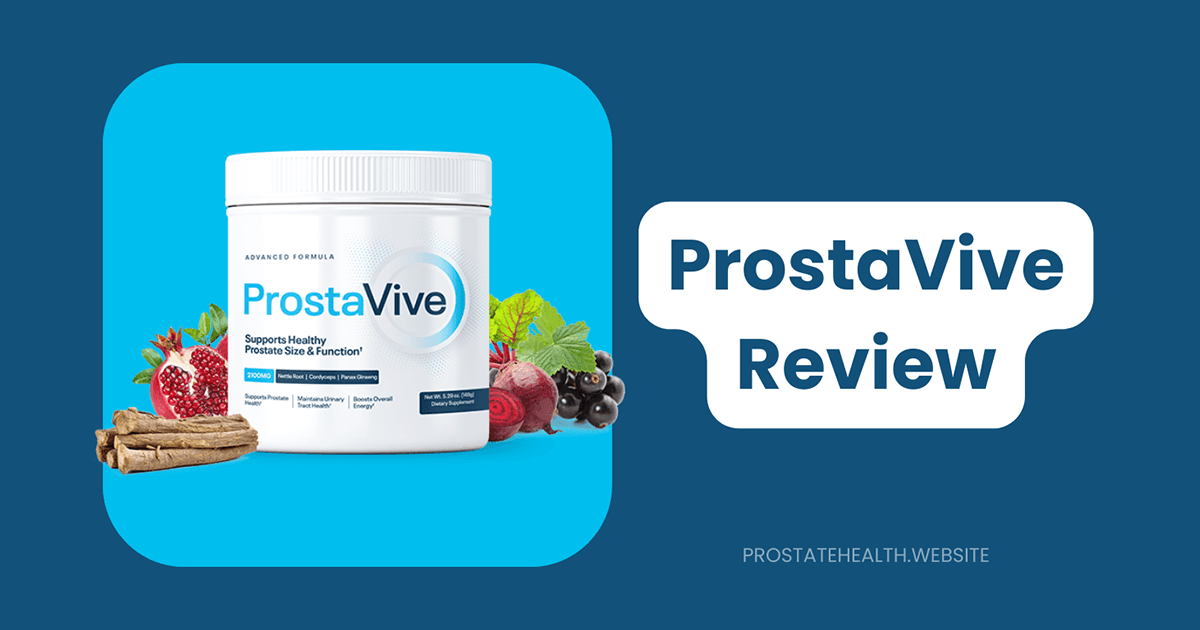Selenium Supplements: Helpful or Harmful for Prostate Cancer Risk?
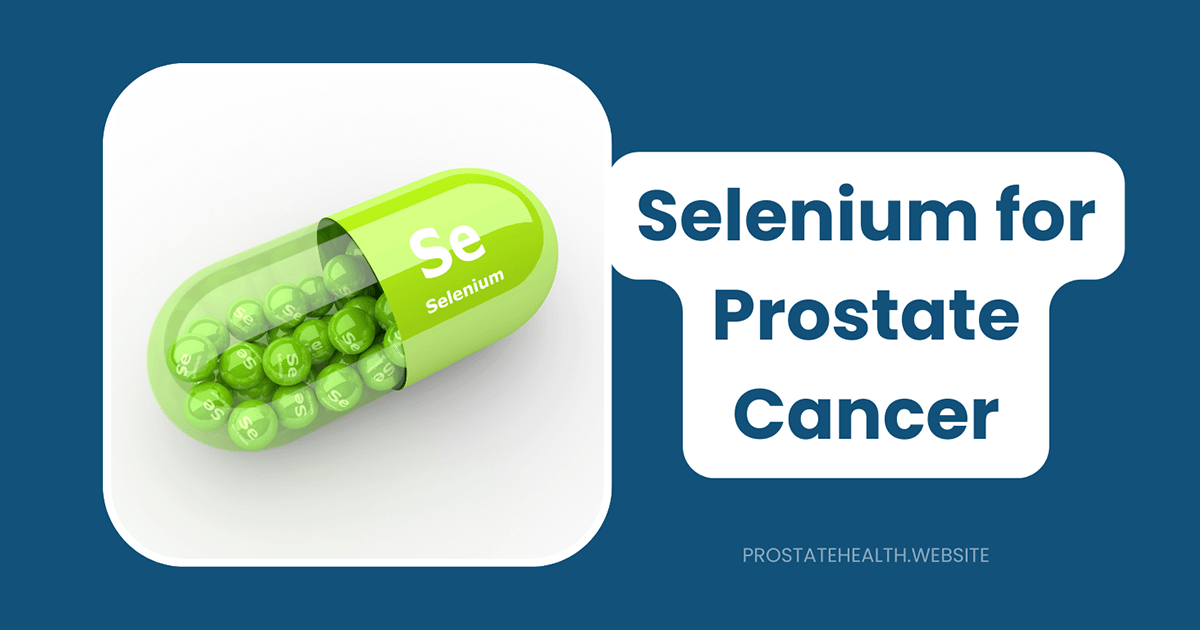
If you’ve been researching prostate health supplements, you’ve likely encountered selenium. Once hailed as a potential prostate cancer preventative, selenium has become one of the most controversial supplements in men’s health. The question remains: should you be taking it, or could it actually be increasing your risk?
As someone who’s spent years advocating for prostate health awareness, I’ve watched the selenium story unfold with both hope and concern. Let’s cut through the confusion and examine what the science really tells us about this mineral’s relationship with prostate cancer.
What Is Selenium and Why Was It Linked to Prostate Health?
Selenium is an essential trace mineral that plays several crucial roles in the body:
- Functions as a powerful antioxidant
- Supports immune system function
- Assists with DNA repair
- Helps regulate thyroid hormone metabolism
The Recommended Dietary Allowance (RDA) for adult men is 55 micrograms daily, an amount easily obtained through a balanced diet. Foods rich in selenium include:
- Brazil nuts (95 micrograms in just one nut!)
- Yellowfin tuna (92 micrograms per 3-ounce serving)
- Halibut (92 micrograms per 3-ounce serving)
- Chicken breast (35 micrograms per breast)
- Eggs (15 micrograms per large egg)
- Whole-grain pasta (36 micrograms per cup)
The Research Rollercoaster: How Selenium Went from Hero to Question Mark
The Initial Promise: The Nutritional Prevention of Cancer Trial
The selenium-prostate cancer connection first gained serious attention in the 1990s with the Nutritional Prevention of Cancer Trial. Though originally designed to study skin cancer prevention, researchers noticed something unexpected: men taking 200 micrograms of selenium daily had a remarkable 49% lower risk of prostate cancer compared to those taking a placebo.
Even more striking, the protective effect was strongest among men who began the study with the lowest blood selenium levels. This finding sparked tremendous excitement in the medical community and led to selenium becoming a popular supplement for prostate health.
The Reality Check: The SELECT Trial
Based on these promising results, researchers launched the Selenium and Vitamin E Cancer Prevention Trial (SELECT) in 2001. This massive study involved over 35,000 men and was designed specifically to determine if selenium (200 micrograms daily), vitamin E, or a combination could prevent prostate cancer.
The results were disappointing and surprising:
- Selenium supplementation alone showed no benefit in preventing prostate cancer
- The combination of selenium and vitamin E actually showed a slight increase in prostate cancer risk
- The trial was stopped early in 2008 due to lack of efficacy and potential harm
“The SELECT trial was a wake-up call for the medical community. It demonstrated that nutritional supplements, even those with promising early research, require rigorous testing before we can recommend them for disease prevention.” – Dr. Eric Klein, urologist and SELECT trial investigator
Why the Conflicting Results? The Selenium Paradox Explained
Several factors may explain why selenium appears beneficial in some studies but harmful in others:
1. Baseline Selenium Status Matters
Research suggests that selenium supplementation may only benefit men who are selenium deficient. In the SELECT trial, participants had higher baseline selenium levels than those in the earlier Nutritional Prevention of Cancer Trial.
There’s an optimal range for selenium in the body. Too little may increase cancer risk, but too much might be equally problematic.
2. Genetic Factors Play a Role
Recent research indicates that genetic variations affect how individuals respond to selenium. Specific selenoprotein single nucleotide polymorphisms (SNPs) may determine whether selenium supplementation is beneficial or harmful for a particular person.
3. Form of Selenium Makes a Difference
Not all selenium supplements are created equal. Studies have used different forms:
- Selenomethionine (used in SELECT)
- Sodium selenite
- Selenium-enriched yeast (used in the Nutritional Prevention of Cancer Trial)
These different forms may have varying effects on prostate cells and cancer risk.
The Latest Research: What We Know in 2025
Recent studies have provided more nuanced insights into the selenium-prostate cancer relationship:
- A 2023 meta-analysis published in the Journal of Clinical Oncology found that moderate selenium intake was associated with a 26% reduction in prostate cancer risk, with greater protection observed in advanced cases.
- Research from the Harvard Health Professionals Follow-up Study showed that men with the highest selenium levels had a 65% lower incidence of advanced prostate cancer compared to those with the lowest levels.
- A 2024 study examining selenium’s effects on gene expression in prostate tissue found that selenium supplementation appeared to down-regulate genes associated with inflammation and potentially interfere with cancer progression mechanisms.
However, concerning data has also emerged:
- A large cohort study of 4,459 men with non-metastatic prostate cancer found that those taking high-dose selenium supplements (140 micrograms or more daily) after diagnosis had a 2.60-fold greater risk of prostate cancer mortality.
- Analysis of SELECT trial data revealed that men with high baseline selenium levels who took additional selenium supplements had a 91% increased risk of high-grade prostate cancer.
Should You Take Selenium Supplements for Prostate Health?
Based on the current evidence, here are my recommendations:
Who Might Benefit from Selenium:
- Men with confirmed low selenium levels (a blood test can determine this)
- Those living in regions with selenium-deficient soil
- Men with specific genetic profiles that respond favorably to selenium (though genetic testing for this purpose is not yet widely available)
Who Should Avoid Selenium Supplements:
- Men with adequate or high selenium levels
- Those already diagnosed with prostate cancer
- Men taking multiple supplements or multivitamins that already contain selenium
- Anyone exceeding the upper tolerable limit of 400 micrograms daily
The Safest Approach:
- Get tested: Before considering selenium supplementation, ask your doctor for a blood test to determine your current selenium status.
- Focus on food sources first: Obtaining nutrients from whole foods is generally safer than supplements.
- Consult your healthcare provider: Particularly important if you have a family history of prostate cancer or other prostate conditions.
- Consider your total intake: Remember that multivitamins and other supplements may already contain selenium.
Beyond Selenium: A Comprehensive Approach to Prostate Health
While the selenium debate continues, we know with certainty that other lifestyle factors significantly impact prostate health:
- Regular screening: Follow age-appropriate screening guidelines for prostate cancer.
- Maintain a healthy weight: Obesity is a known risk factor for aggressive prostate cancer.
- Stay physically active: Our article on exercise for prostate health outlines beneficial activities.
- Eat a prostate-friendly diet: Rich in fruits, vegetables, whole grains, and healthy fats, while limiting red meat and processed foods.
- Manage stress: Chronic stress may contribute to inflammation and potentially impact prostate health.
The Bottom Line: Proceed with Caution
The selenium story reminds us that nutritional science is complex and constantly evolving. What seems beneficial in early studies may reveal risks in larger trials. This doesn’t mean we should dismiss nutritional approaches to prostate health, but rather approach them with appropriate caution and scientific rigor.
If you’re concerned about prostate cancer risk, work with your healthcare provider to develop a personalized prevention strategy based on your individual risk factors, medical history, and current health status.
Remember: when it comes to supplements, more isn’t always better, and what works for one person may not work—or could even be harmful—for another.

